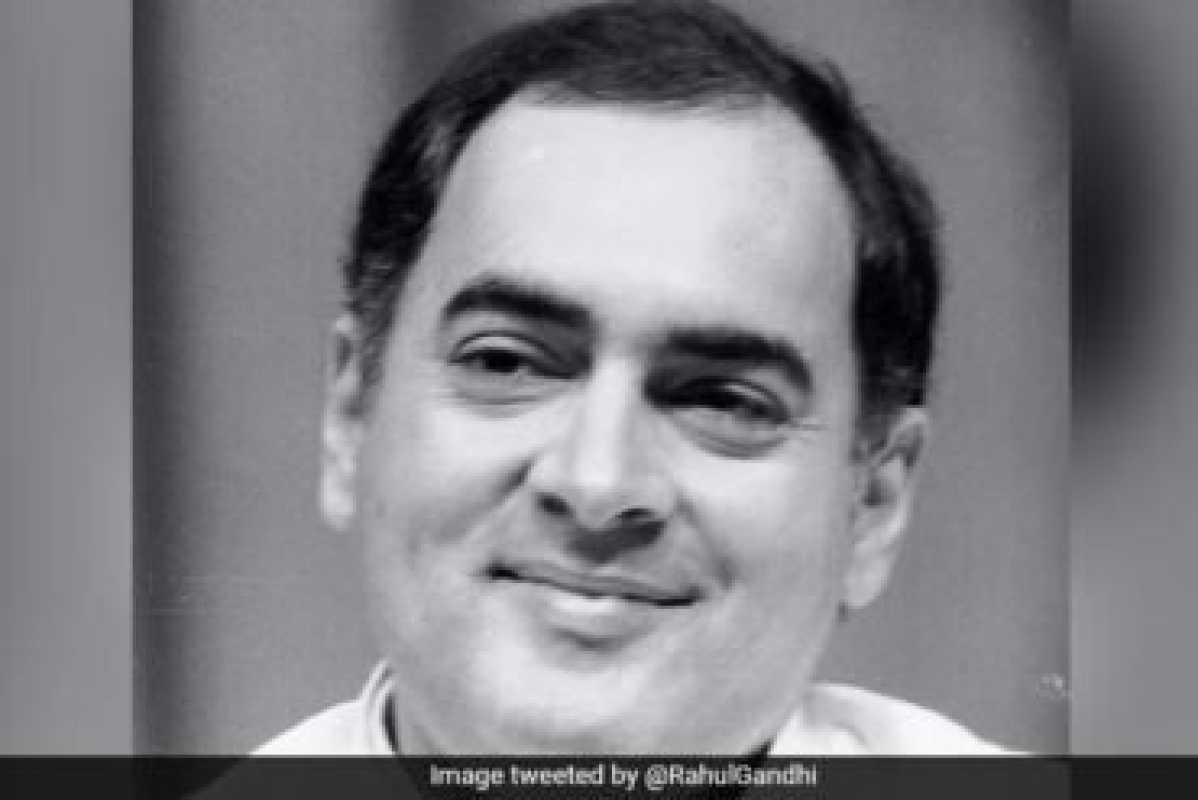Politics
Former Aide Reveals Misleading of Rajiv Gandhi by Advisers

Insights on how advisers misled and alarmed Rajiv Gandhi during his premiership are highlighted in an interview published in a commemorative book. The interviewee, Tarlochan Singh, a confidant of President Gyani Zail Singh, sheds light on the strained relationship between Zail Singh and Rajiv Gandhi, fueled by differing perspectives and misunderstandings.
The tensions between Zail Singh, the President of India, and Rajiv Gandhi, the Prime Minister, became apparent soon after Gandhi assumed office following the assassination of his mother, Indira Gandhi. Zail Singh was disappointed to find that Gandhi was not taking calls from the Rashtrapati Bhavan after being sworn in.
In the aftermath of Indira Gandhi’s assassination, anti-Sikh riots swept through Delhi and other parts of India. During this tumultuous time, Zail Singh, going against the advice of his advisers, invited Rajiv Gandhi to be the Prime Minister without a formal request from the ruling party. However, the lack of communication between the two leaders increased the strain on their relationship.
Over the years, the differences escalated, leading some Congress leaders and media personalities to suggest to Zail Singh that he should consider dismissing Rajiv Gandhi. However, Zail Singh’s aide, Tarlochan Singh, reveals that this dissenters’ group was formed as a strategic move to pressure Gandhi and make him respect the protocol of the President-PM relationship.
The situation reached a critical point when a draft letter dismissing the Prime Minister, prepared by journalist S. Mulgaonkar, surfaced in the media. This added to the already tense atmosphere. However, intervention from senior BJP leaders, including Atal Bihari Vajpayee and Lal Krishna Advani, helped prevent the situation from spiraling out of control.
Zail Singh’s tenure as President was marked by his principled stance on the Indian Post Office (Amendment) Bill, 1986. He sent the legislation back to the Cabinet for reconsideration, causing it to ultimately lapse.
Before Zail Singh left office, he managed to reconcile with Rajiv Gandhi through a dinner invitation, signaling an end to their differences. As a farewell gesture, Gandhi introduced a rule that provided retiring Presidents with residential accommodation and staff in the national capital.
The revelations by Tarlochan Singh shed light on the turbulent era when significant decisions like the Shah Bano and Ram Janmabhoomi rulings were made, shaping the course of India’s history.












